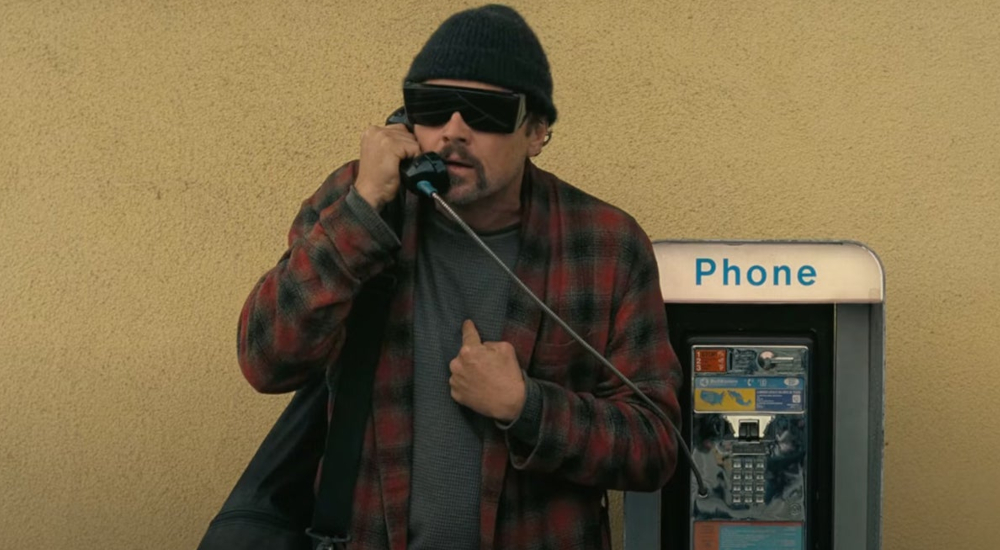One Battle After Another is the biggest, boldest, and timeliest movie Paul Thomas Anderson has ever made. That it's also bleak, funny, and skillfully made is why it's the best thing I've seen this year. There are moments of pure exhilaration, edge-of-your-seat tension, and side-splitting comedy. It also never takes its foot off the gas despite its runtime.
Very loosely based on Thomas Pynchon's 1990 novel Vineland, PTA has refashioned this tale of former radicals and their fascist foes into something more perverse, strange, and provocative. This is a movie that opens with the liberation of an immigrant detention center while the rebel leader (Teyana Taylor) plays psychosexual games with the army colonel (Sean Penn). This is not merely a darkly funny interlude, but becomes a major hinge of the story. It's early proof Anderson knows exactly what he's doing.
And so does DiCaprio as the disheveled Bob. He's left behind his munitions expert days to raise his daughter Willa (Chase Infiniti). Even for a former revolutionary, Bob still has trouble relating to her and her friends. When she's abducted, he's thrust back into a life of danger, and hardly in fighting shape. Years of alcohol and drug abuse have left his body and mind a shell of what it once was. But his huffing and puffing and brain fog is played not just for laughs, but also for critical story beats.
Throughout, the film delivers thrills both big and small. In one electrifying set piece, Benicio Del Toro's sensei guides Bob through a maze-like apartment building, helping undocumented immigrants along the way as trigger-happy soldiers close in. There are also little, hilarious touches, like the way Penn's Col. Lockjaw walks as if he (literally) has a stick up his ass. And this is before we even get to Tony Goldwyn deploying his considerable charm in sinister fashion, playing a smooth-talking politician and avowed white supremacist. These scenes have a chilling relevance, which they still would even if the movie weren't set in the present.
Our world is often dumb and terrifying, and Anderson has delivered a movie that meets the moment. Whether it becomes the latest box office smash for Warner Bros. is almost besides the point. Here is a big-budget movie, financed by a major studio, starring one of the biggest actors in the world, that has quite a lot to say about how messed up things have gotten, and how they got that way. That alone would be worth celebrating. That it does all of this while managing to be relentlessly entertaining and thought-provoking means it will be remembered for years to come.

